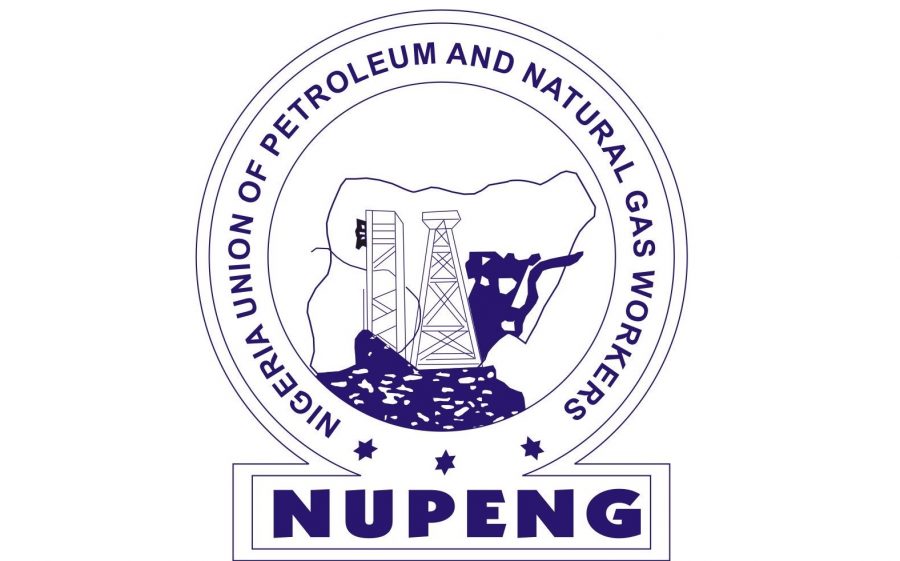The Federal Government has reaffirmed that airlines operating in Nigeria must pay Value Added Tax (VAT) under the new Tax Reforms Act, set to take effect from January 1, 2026, despite opposition from aviation stakeholders and international bodies.
Gatekeepers News reports that speaking at a Business Webinar on Thursday, jointly organised by Aviation & Allied Business in collaboration with the Federal Inland Revenue Service (FIRS), officials said the new reforms had undergone due diligence and were designed to boost revenue and streamline Nigeria’s tax system.
Mrs. Nkechi Umegakwe, Assistant Director at the Nigeria Revenue Service (formerly FIRS), stressed that airline operators and allied businesses would no longer enjoy VAT exemptions.
“VAT is a consumption tax on the goods and services to be borne by the end users and not the suppliers,” she explained.
“Once the new tax reforms become operational, whatever you bring in as an airline—aircraft, engines, spare parts, and others—you must pay VAT on them. However, if the taxes are in essence, the airlines can ask for a refund, which would be done within 30 days of request.”
Until now, airlines had been exempt from VAT and import duties on aircraft, spare parts, and tickets—a policy introduced in late 2021.
The policy shift has drawn sharp criticism. Dr. Samson Fatokun, IATA’s Area Manager for West and Central Africa, said the reforms contravened international treaties Nigeria had signed, including a December 2024 ECOWAS treaty that prohibits taxes on air passengers and cargo, due to take effect the same day as Nigeria’s new law.
“Aviation is a global business; there are treaties signed to regulate the global industry,” Fatokun argued.
“Nigeria, as a member of ICAO, is subjected to the recommendations and regulations of the organisation. As it is, we are contravening the treaties we already entered into with the return of VAT for airlines.”
He also warned that airlines were already overburdened with charges such as the 5% Ticket Sales Charge/Cargo Sales Charge (TSC/CSC), which raises ticket prices and discourages air travel.
Industry Fears of Multiple Taxation
Other stakeholders echoed these concerns. Aviation expert Capt. Samuel Caulcrik said the combined effect of a 7.5% VAT and the existing 5% TSC/CSC would amount to “multiple taxation” and could damage the sector.
“All the money being spent on the sector comes from air passengers and shippers,” Caulcrik said.
“Any additional tax will kill the industry. If some passengers were already cut off due to 5% TSC/CSC, adding VAT will push more people away.”
Mrs. Nkechi Onyenso, Managing Director of Pathfinder Securities, acknowledged some benefits of the reforms but urged further dialogue between government and stakeholders, citing challenges such as forex scarcity and rising operational costs.
Despite the criticisms, the Federal Government insists the new tax system will increase compliance, reduce inconsistencies, and allow businesses to recover VAT more efficiently through digital invoicing.










